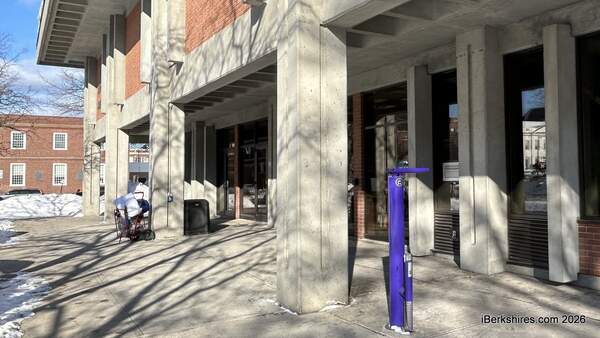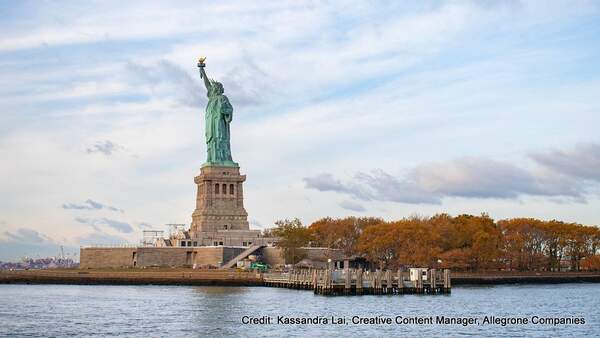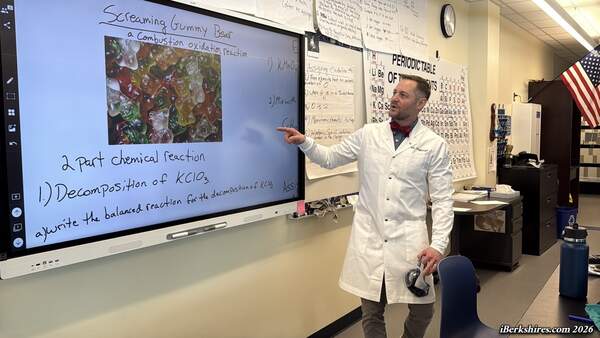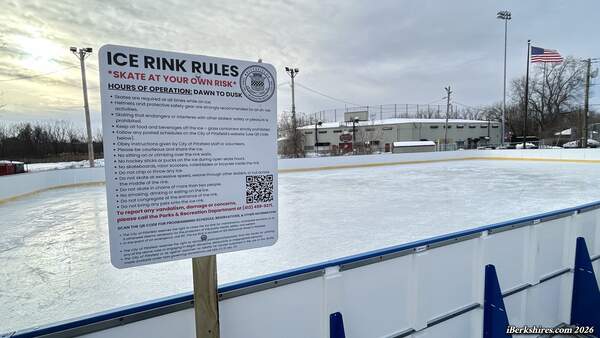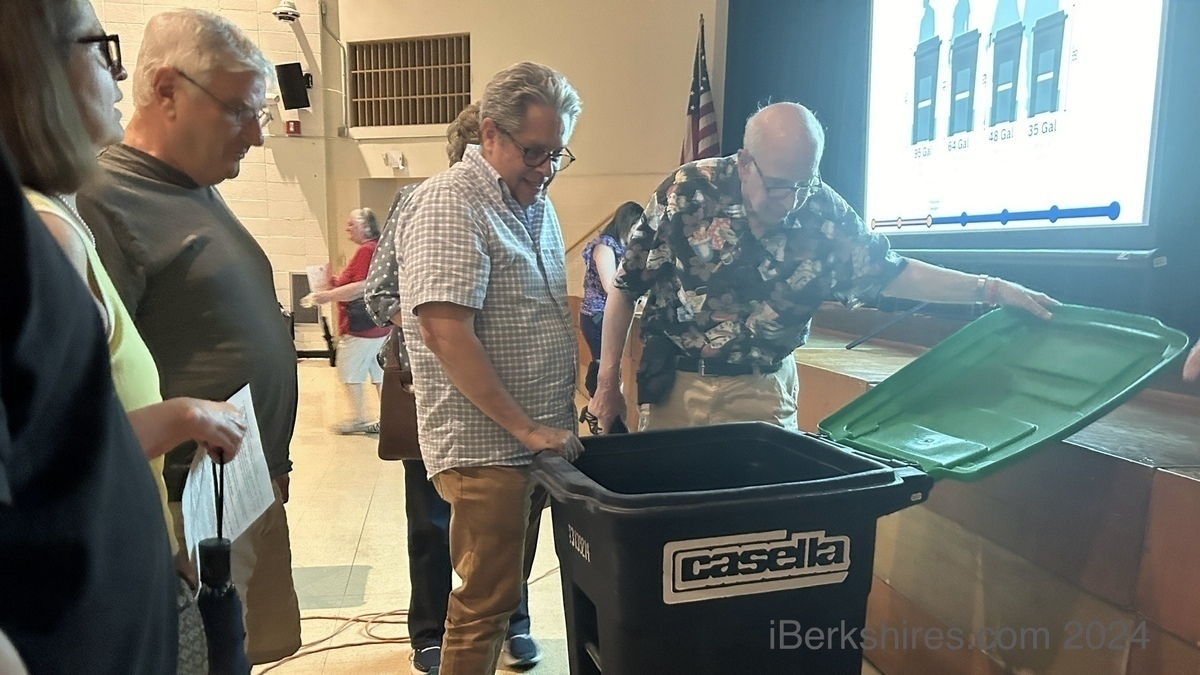
Pittsfield Focusing On Toter System Education Before Fines Roll Out
PITTSFIELD, Mass. — The Health Department is focusing on toter education before violation fines are issued in the new year.
With all the new recycling containers and about 80 percent of the garbage containers deployed, officials are hopeful about the new toter system. While it's too early for hard data, feedback provided by Casella Waste Systems indicates that the city has embraced recycling.
Director of Public Health Andy Cambi recently told the Board of Health that recycling has been a pleasant surprise and is going better than expected.
"I'm happy to have seen the positive outcome that has happened," Cambi said.
"I was concerned because, again, there was a lot of negative behind it but when it came down to it, everyone was responsible and then they're doing the right, appropriate thing."
Over the summer, the council approved a five-year contract with Casella for an automated pickup system using 48-gallon toters for recycling and trash. This is a move from unlimited disposal, which is regarded as unsustainable, and encourages recycling.
Officials say Pittsfield's nearly 17,400 households produce about 1,800 pounds of trash each annually, generating close to 20 tons as a community. The system aims to reduce each household's waste to 1,370 pounds annually.
For an extra $40 quarterly, households can have a second 48-gallon toter for trash and a free toter for additional recycling.
Cambi reported that most of the recycling issues are related to people mixing up paper and plastics. There has been some contamination of trash in recycling toters but "not as much as they thought."
Mayor Peter Marchetti has reported a is a 4-to-1 request for 48-gallon recycling and trash toters.
"I'm going to try to remain optimistic that they're asking for the additional recycles because they recognize the information that we're putting out there," he told the City Council at its October 8 meeting.
"If you recycle, you won't need as much trash. My sense is if you're calling and asking for a second recyclable toter and you know what the size is, you'd be making your decisions about trash."
Tickets and fines will be issued for violations starting in January, with residents getting one notice before being issued a citation.
The end-of-year focus is to gather data on the streets with issues and get everyone educated about the new system. Casella will mark violations with a green notice indicating what was done wrong.
"We're going to start getting actual quantitative data of what violations exist, like what are the major violations so that we can focus the next months on what area is it and what do they need to get further education," Cambi said.
Board member David Pill said while driving around the community, he has seen recycling toters out in places that they weren't before. He commented that unlimited trash is not the way to save money.
"A few people complain real loud but like in my neighborhood, I have a lot of elderly people, but geez, you drive down my street tonight and you will see almost every house has something in front of it," he said.
Cambi said this is a great positive change that the city has seen from residents. He speculated that providing the containers helped this effort.
"A lot of it is actually having the container," he added.
"Previous communications with other residents has always been like, ‘Well, I don't even know how to recycle,' or "Where do I even get the smaller recycling bin?' and so now that it's been physically put in your front lawn, people are on board."
He reported that Casella is making progress on its new transfer station, which will have residential drop-off and options for bulky waste.
The company purchased the former waste transfer facility at 500 Hubbard Ave. from Community Eco Power LLC, which filed for bankruptcy in 2021, and demolished it for redevelopment.
Tags: toters, trash,


